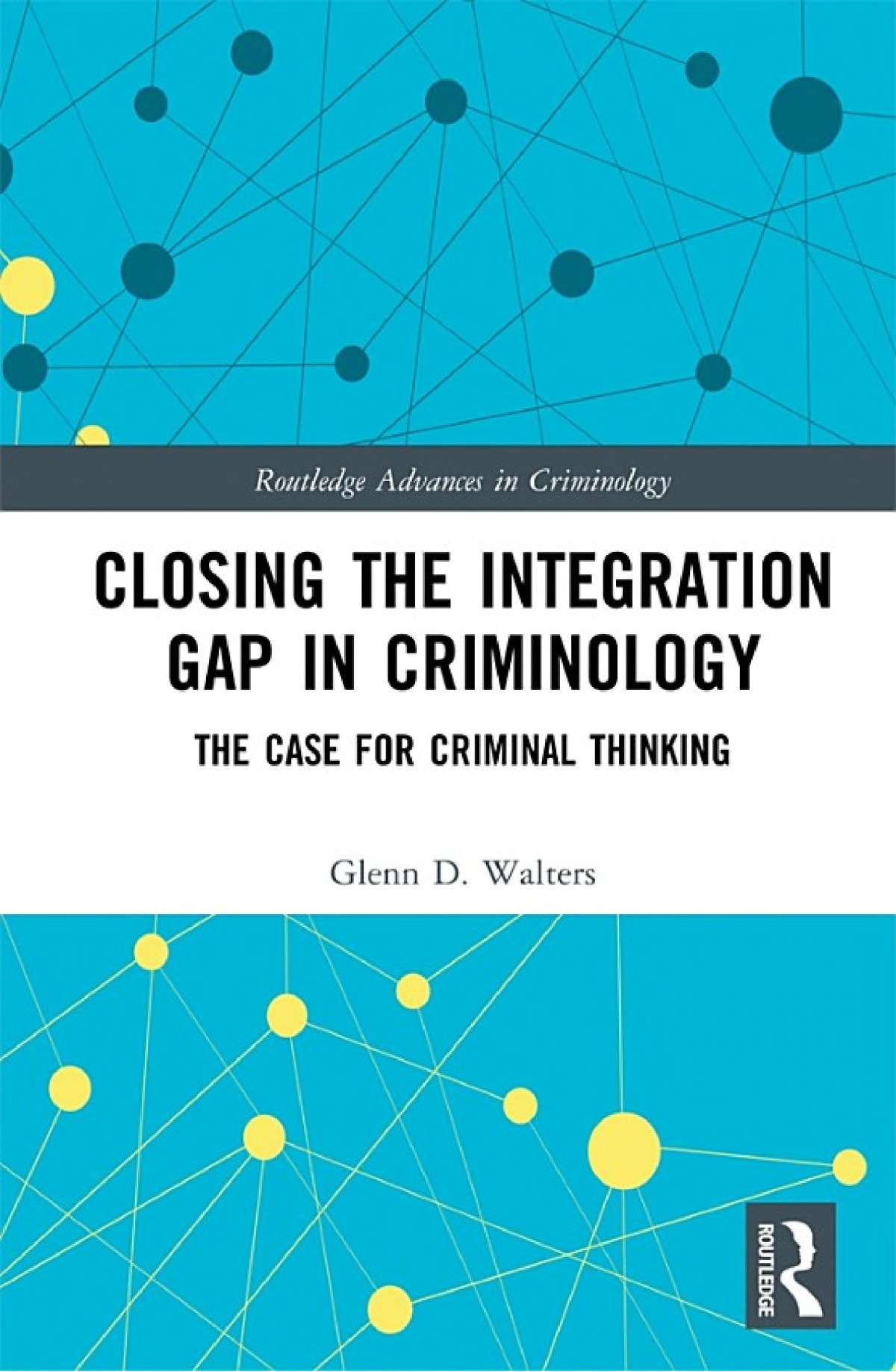

Most ebook files are in PDF format, so you can easily read them using various software such as Foxit Reader or directly on the Google Chrome browser.
Some ebook files are released by publishers in other formats such as .awz, .mobi, .epub, .fb2, etc. You may need to install specific software to read these formats on mobile/PC, such as Calibre.
Please read the tutorial at this link: https://ebookbell.com/faq
We offer FREE conversion to the popular formats you request; however, this may take some time. Therefore, right after payment, please email us, and we will try to provide the service as quickly as possible.
For some exceptional file formats or broken links (if any), please refrain from opening any disputes. Instead, email us first, and we will try to assist within a maximum of 6 hours.
EbookBell Team

4.8
74 reviewsClosing the Integration Gap in Criminology: The Case for Criminal Thinking offers a multi -stage model of theory integration that organizes verified risk factors around the construct of criminal thinking to provide an exemplar working paradigm for criminology. In the model, once relevant risk factors have been identified, they are organized into triads —three-variable networks of antecedent, mediating, or moderating effects—and then those triads are combined into clusters of thematically related constructs.
While debate continues to rage over how to handle the burgeoning number of theories in criminology, little significant progress has been made in reducing the number of criminological theories. This book argues that theoretical integration is vital to the continued viability of criminological theory and to the growth and development of criminology as a scientific discipline. It posits that criminal thinking may be useful as a core variable in constructing a useful integrated theory for criminology, and maps out a plan for scholars to organize information for further study.
The innovative theoretical approach in this book is essential reading for students, academics, and researchers in both criminology and forensic psychology concerned with the reduction of crime via scientific inquiry.